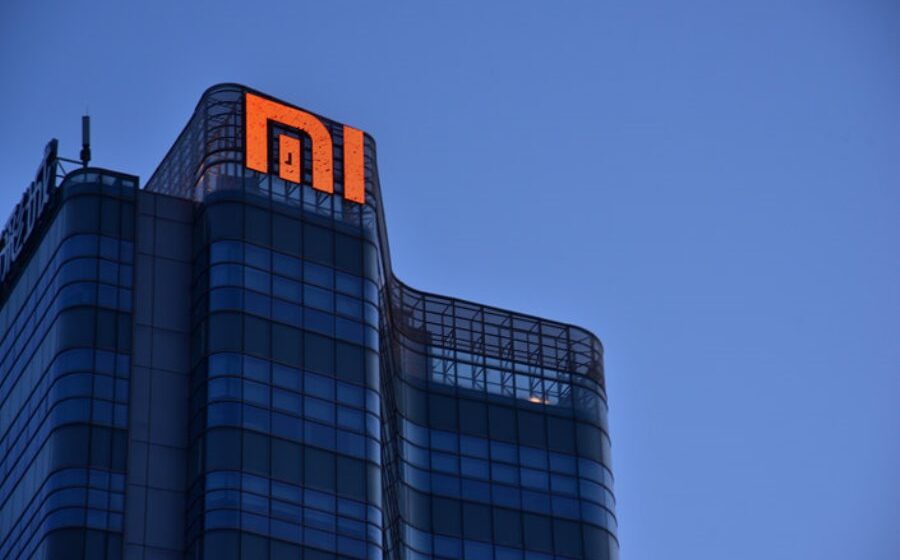Chinese smartphone maker Xiaomi has sued the U.S., seeking to to be removed from Washington’s blacklist of alleged Chinese military companies, which prevents American investors from buying shares in Xiaomi.
Last month, the U.S. designated Xiaomi as one of several “Communist Chinese military companies” under the National Defense Authorization Act of 1999.
That designation means Xiaomi will be subjected to a November executive order by former president Donald Trump, which restricts American investors from buying shares or related securities of any companies that have the Chinese military designation.
In response, Xiaomi filed a lawsuit on Friday against the U.S. treasury and defense departments in the district court of Columbia, according to its investor relations website on Sunday.
Xiaomi alleged that the Chinese military designation is “unconstitutional because it deprives Xiaomi of its liberty and property rights without due process of law” and therefore violates the Fifth Amendment of the U.S Constitution.
The Chinese company also said the ban on investors buying shares will cause “irreparable harm.”
“By cutting off Xiaomi from U.S. capital markets, the Designation and related restrictions will damage the company’s ability to conduct, grow and finance its business, sell its products, maintain and grow its business relationships, and recruit and retain employees,” the company’s lawsuit said.
Xiaomi shares were up 1.2% in Hong Kong trade at 11:46am HK /SIN time.
The company also said that it is “not owned or controlled by, or otherwise affiliated with the Chinese government or military, or owned or controlled by any entity affiliated with the Chinese defense industrial base.”
Xiaomi said any Chinese government or military entity doesn’t posses the ability “to exert control over the management or affairs of the company.”
Huawei, which was a target under the Trump administration, has also tried to use the U.S. legal system to overturn actions taken by Washington.
In March 2019, Huawei sued the U.S. over a law that banned government agencies from buying the Chinese technology giant’s equipment. That lawsuit was rejected by a federal judge last year.



